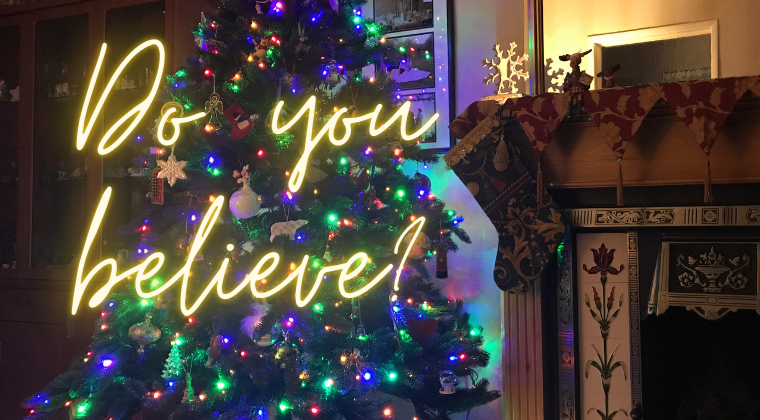My all time favourite quote is from Henry Ford who said “Whether you think you can, or think you can’t, you’re right.” It’s simple and also true.
Our beliefs are the stories that we tell ourselves. These could be wonderful, empowering beliefs; ‘I can do it’, ‘I’m good enough’, ‘I’m confident’ etc. Or they could be limiting beliefs, beliefs that literally limit our chances of success; ‘I’m not good enough’, ‘I can’t be successful’, ‘I’m not confident’.
These beliefs can come from our experiences, or we can be given them by others. If your parent, or teacher, or pretty much anyone you look up to tells you that you’ll never be very good at maths, or sports, or whatever, then that has a habit of sinking in and you start to believe it. Just the same way that you believe in magic when it’s your Mum or Dad that’s telling you it’s true.
What tends to happen then, is we look for evidence that supports this belief, i.e. every time you fail, and we ignore evidence that the story isn’t true, i.e. every time you succeed, you just put it down to luck, not skill.
The reason than some people stop believing in magic is that they find lots of evidence for it not being true. So why not look for evidence that some of our unhelpful beliefs aren’t true either?
Here are my 5 techniques for challenging those limiting beliefs:
- Identify the beliefs that aren’t helpful
What are some of the things that you say to yourself that get in your own way?
Start to listen to that little voice that tells you that you can’t. Getting rid of these beliefs will have to start by becoming aware of them. Start to notice.
- Identify the positive intentions of your beliefs
All of our beliefs have a positive intention. Identifying this positive intention can be a powerful way of overcoming it, as you can find another way of achieving the same intention.
For example, if you believe you aren’t any good at sports, then the positive intention could simply be that it keeps you from trying which keeps you from failing or getting hurt. If your Mum tells you you’re not good at sports then she is probably doing it to keep you safe and you believe her because you love her and don’t want to damage your relationship by disagreeing with her or proving her wrong. I didn’t say the positive intention would be true or sensible but it’s there if you look hard enough for it.
My favourite limiting belief is the fear of failure. It keeps you nice and safe by stopping you from trying anything, so you never fail. Fantastic fuzzy logic!
- Question your beliefs.
Would your beliefs hold up in a court of law? Try asking these questions and see how well they stand up to a bit of scrutiny.
- How do you know this belief was true?
- What are some examples of when it isn’t true?
- When is it both true and untrue?
- When is it neither true or untrue?
- How do you know this belief is untrue when you think about it now?
- What do you want to believe instead?
- How do you know that this new belief is already true?
- Look for the evidence
Start to really notice examples when you prove the belief wrong. It’s like spotting that the magician has another card up his sleeve, as soon as you can see how the trick is done you stop believing. What do you need to see or feel or hear that would convince you that this belief is not true?
- Audit your beliefs.
So, you’ve busted those limiting beliefs. Great. But that doesn’t mean that you won’t start to create new ones.
Once in a while check in and make sure that the stories you are telling yourself are in your best interests. And it doesn’t just have to be once a year. New Year’s resolutions have a habit of fading pretty quickly. Invest in yourself. Take time to reflect. And remember to reach out for support.
As a coach, I can help you challenge your limiting beliefs, and start to believe empowering beliefs.
Do you believe you can?
Do you believe in yourself?
Do you believe …?
Happy Christmas and all the best for a magical 2021


